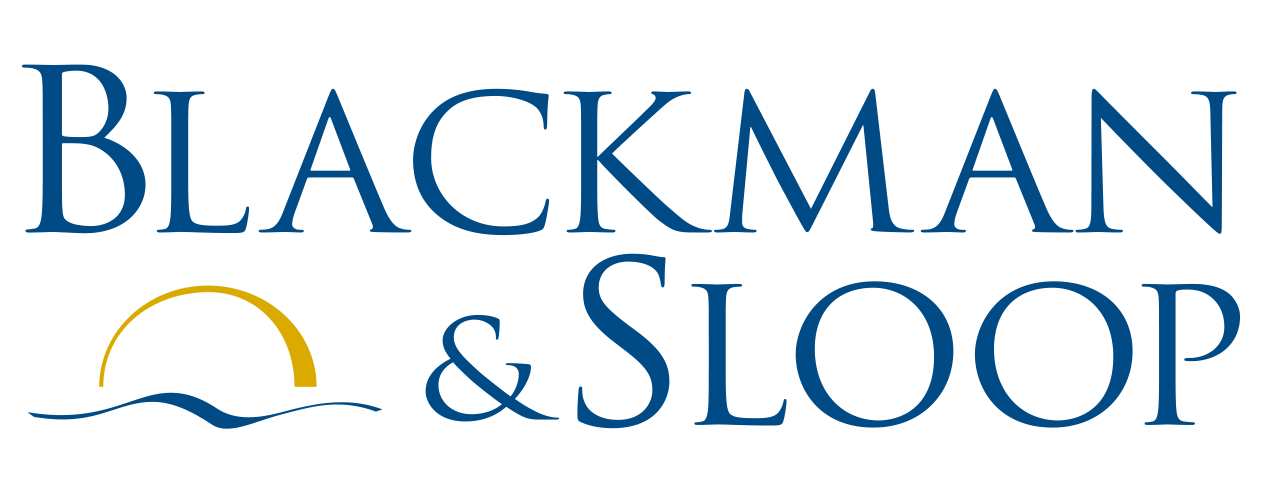29 Nov Death And Taxes
“..but in the world nothing can be said to be certain except death and taxes.” – Benjamin Franklin
However true this might be, dealing with both at the same time can be quite an ordeal. On top of all the estate and probate matters that must be resolved, the Internal Revenue Service still requires the proper forms to be filed for the decedent.
In the year of the decedent’s death, the filing requirements do not change for an individual income tax return, Form 1040. The executor should begin the planning for the filing of this return as soon as possible after the death of the decedent. There are numerous issues to be discussed including coordination with the estate to report the correct amount of income on both the decedent’s personal income tax return and the estate’s income tax return.
The estate income tax return, Form 1041, includes income earned after the decedent’s date of death. The filing requirements for Form 1041 are different from that of an individual income tax return including a lower gross income filing requirement and limitations on deductible expenses. Another peculiarity is that the form does not necessarily have to follow a calendar year like an individual income tax return. You should note that if the estate has beneficiaries, related trusts or foreign components (decedent, beneficiaries, assets, etc.), additional filing requirements may be necessary.
Another form that may be required is an estate tax return, Form 706. This form reports, among other things, the assets and liabilities of the decedent on the date of death. This form must be filed within nine months after the date of death. The filing requirements for this return have changed dramatically over the past several years due to a number of law changes. You may want to consider having a tax professional prepare this return as it is the most complicated of the three forms.
The instructions for each of these forms can be found at the Internal Revenue Service website (www.irs.gov). Be sure to read the instructions for the year you are filing as the rules change from year to year. Note that each form will take several hours to prepare so plenty of time should be allowed to complete them.
If you have any questions or would like to meet with one of our consultants regarding these forms or any other decedent issues, please feel free to contact us.
About Blackman & Sloop CPAs, P.A.:
Blackman & Sloop is a full-service CPA firm headquartered in Chapel Hill, North Carolina and is actively involved in auditing, taxation, management consulting, financial planning, and related services. The firm directs a large part of its services toward providing management with advice on budgeting, forecasts, projections, financing decisions, financial analysis, and tax developments. The firm also performs review and compilation services and prepares not-for-profit, corporate, individual, estate, retirement plan, and trust tax returns as well as technology consulting services regarding installation and training on QuickBooks. Blackman & Sloop provides services in Raleigh, Durham, Chapel Hill, RTP, Hillsborough, Pittsboro, Charlotte, and the rest of North Carolina. To find out more please visit http://www.blackmansloop.com
Contact: CPA cpa@blackmansloop.com
Toll Free: 1-877-854-7530The Exchange West
1414 Raleigh Rd, Suite 300 Chapel Hill, NC 27517

